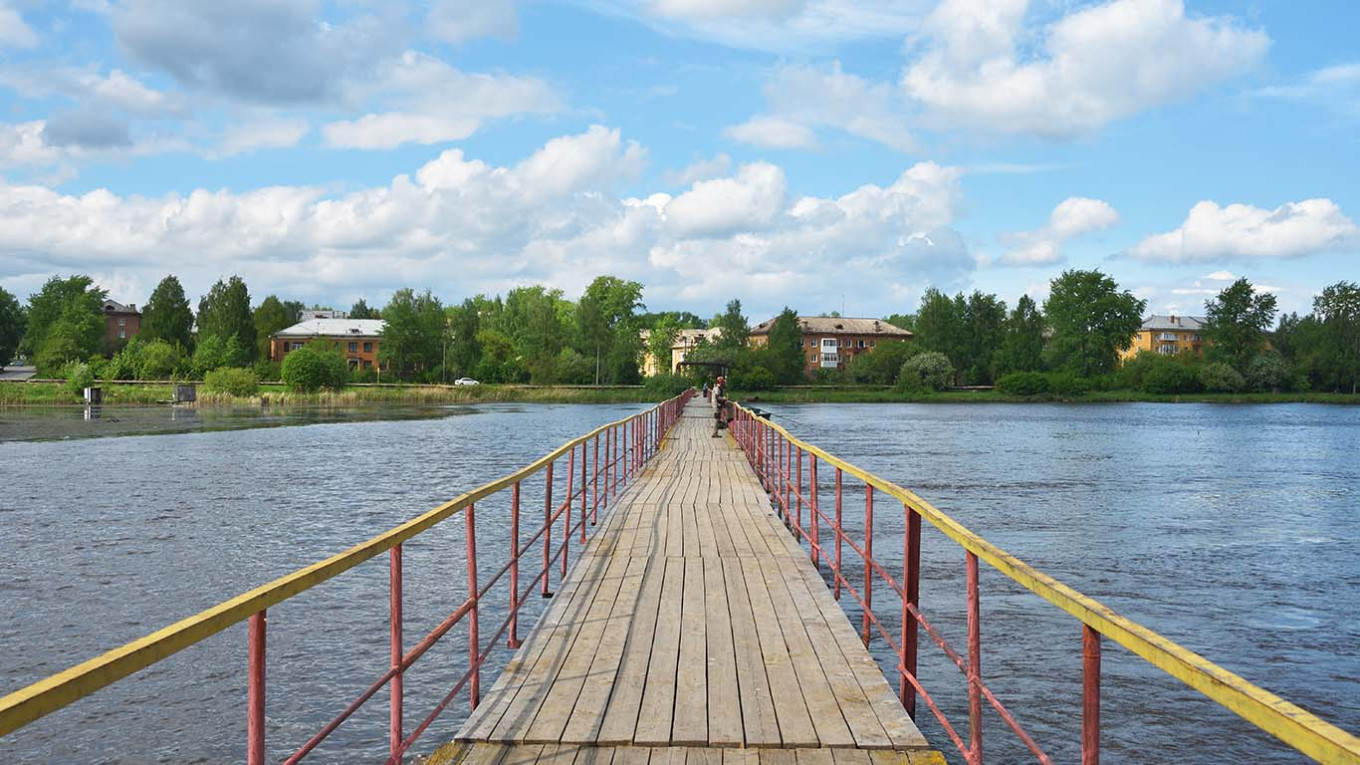Nearly 130 small Russian towns are at risk of disappearing as depopulation accelerates and local economies collapse, according to a new government-commissioned study.
These towns, home to a combined population of around 3.4 million, have lost a total of 314,500 residents over the past decade, the Russian Presidential Academy of National Economy and Public Administration (RANEPA) study said.
The most vulnerable communities are located in northern regions reliant on coal, metallurgy and forestry, as well as remote peripheral settlements that struggle with limited local resources and little access to outside investment.
The study highlights particularly dire conditions in the Bryansk, Novgorod, Kirov and Krasnoyarsk regions.
“The industrial crisis and continued population drift toward larger urban centers increase the risk of towns being lost entirely,” the researchers warn.
Among those most at risk are Verkhny Tagil in the Sverdlovsk region, Trubchevsk in Bryansk, Inta in the republic of Komi, Kem and Medvezhyegorsk in the republic of Karelia and Torzhok in the Tver region, all of which have seen steep population declines.
Even in economically stronger regions, outlying towns such as Roshal (Moscow region), Okha (Sakhalin), Porkhov (Pskov), Zavolzhye (Nizhny Novgorod) and Nolinsk (Kirov) have been flagged as vulnerable.
The decline is driven by factors including job losses, youth outmigration, the shutdown of key employers, aging infrastructure and insufficient investment.
Lawmakers acknowledge that many small towns suffer from collapsing utilities, poor transportation and healthcare access and unreliable telecommunications, all factors that discourage young professionals from staying or returning after studying elsewhere.
In towns like Totma and Kargopol, each with fewer than 10,000 residents, locals say municipal budgets are too limited to repair roads, bridges or buildings, leaving residents to patch up infrastructure themselves with improvised materials.
“The population outflow is continuing, especially in northern territories like the Irkutsk region,” Alexander Yakubovsky, a member of the State Duma’s construction and housing committee, told the Izvestia daily. “Where there are no jobs or basic infrastructure, it’s difficult to talk about attracting young people back.”
His colleague Vladimir Koshelev agreed, noting that it will be extremely difficult to preserve small towns without improving quality of life and creating viable economic opportunities.
“Younger generations want competitive salaries, access to culture and the benefits of modern life,” said Irina Mironova, Director of Federal Program Development at the Skolkovo School of Management.
Declining demand for coal and other raw materials — both domestically and in foreign markets — has also dealt a blow to the future of mining towns, she added.
Saving every small town is “too expensive and inefficient,” Mironova said, and the government must acknowledge that.
Russia has 1,120 towns, of which over 70% are classified as small or medium-sized. The federal government allocated 4 billion rubles ($50 million) to support them in 2025.
Authorities are currently drafting master plans to guide investment and infrastructure development in 106 of these towns.
The proposed strategies include developing industries with favorable market conditions, promoting suburbanization near major cities and encouraging voluntary resettlement to better-connected urban peripheries.
A Message from The Moscow Times:
Dear readers,
We are facing unprecedented challenges. Russia's Prosecutor General's Office has designated The Moscow Times as an "undesirable" organization, criminalizing our work and putting our staff at risk of prosecution. This follows our earlier unjust labeling as a "foreign agent."
These actions are direct attempts to silence independent journalism in Russia. The authorities claim our work "discredits the decisions of the Russian leadership." We see things differently: we strive to provide accurate, unbiased reporting on Russia.
We, the journalists of The Moscow Times, refuse to be silenced. But to continue our work, we need your help.
Your support, no matter how small, makes a world of difference. If you can, please support us monthly starting from just $2. It's quick to set up, and every contribution makes a significant impact.
By supporting The Moscow Times, you're defending open, independent journalism in the face of repression. Thank you for standing with us.
Remind me later.






